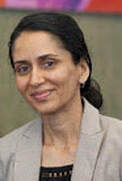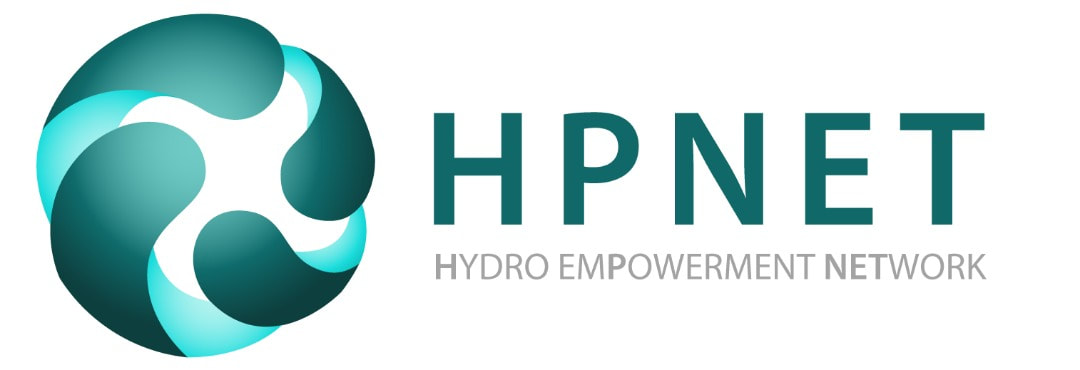MINI-GRID PLANNING: INTEGRATED ENERGY PLANNING FOR RURAL ELECTRIFICATION
DATE: TUESDAY, DECEMBER 10, 2019
TIME: 10 AM CET / 2:45 PM KATHMANDU / 5 PM KUALA LUMPUR
REGISTER HERE
The webinar will include:
- The basic criteria for a robust integrated energy planning process
- Examples of country-wide and sub-region programs in Africa and Asia that are advancing integrated energy planning and their hindsight
- Voices of a diverse set of energy planning practitioners – including a private utility, national government, international development partner, and scientific research institute
- Tools and processes for integrated energy mapping, modelling, and planning
- Challenges and potential solutions that require further support and strategy.
Presentations will be followed by a Q/A session open to all participants.
Learn more about our 2019 Mini-Grid Webinar Series, hosted by WISIONS and energypedia here!
Although mini-grids are often boxed as a “pre-electrification” intervention, there is increasing evidence showing that mini-grids can achieve grid parity. Further, in countries that allow mini-grids to feed in electricity to the central grid, mini-grids have actually made the central grid more reliable!
Hydro mini-grids especially meet these scenarios, providing 24-hour reliable electricity, typically at lower LCOE and costs per kW than most other types of mini-grids, and leading to lower tariffs for rural consumers. Thereof, hydro mini-grids are generally financially viable for motorized loads (e.g. agri processing productive end use) and for feeding into the central grid.
Despite their obvious advantages, in most developing contexts decentralized renewable energy mini-grids continue to be framed as “pre-electrification” solutions at par with solar home lighting, or “not as important as the central grid.” Often mini-grid development is housed in a separate and less influential ministry, while the central grid authorities have ultimate power and financial resources. Such a fragmented approach leads to:
- Redundant electrification interventions, and therefore wasteful use of funding resources
- Confusion on timing of arrival of the central grid, which severely hampers the scale-up of mini-grids
- Abandoned mini-grids and loss of investment upon the arrival of a reliable central grid
- Business-as-usual of an intermittently reliable central grid, typically powered by fossil fuels or large hydro, in today’s age of climate crisis.
However, the reality is that all solutions for energy access are equally important to meet the growing energy needs of rural communities.

DR. CATHERINA CADER
RESEARCH UNIT OFF-GRID SYSTEMS
REINER LEMOINE INSTITUTE, GERMANY
Dr. Catherina Cader is an expert in Geographic Information Systems (GIS) and rural electrification planning. She has been working at Reiner Lemoine Institute since 2012 and is part of the Research Unit Off-Grid Systems. She is particularly interested in rural electrification planning in countries of the Global South with consideration of renewable energy. Catherina holds a PhD in Geography from Justus Liebig University Giessen. For her dissertation she conducted research on rural electrification planning in Nigeria. Her PhD project was supported by a scholarship from the Reiner Lemoine-Foundation. She also holds a Master of Science in Geography from Philipps University Marburg and a Bachelor of Science in Environmental Management from Justus Liebig University Gießen. Through field visits and self-developed trainings on the use of GIS for rural electrification planning, Catherina has great expertise on the political, geographical, economic, and technical challenges of local energy supply situations. By developing and applying GIS-based methods, she brings the spatial component into RLI research using open source software. Catherina has experience as a project manager in several projects – her work has taken her to various places including Nigeria, Tanzania, Zambia, Nepal, Myanmar, and the Philippines.

SARAWAK ALTERNATIVE RURAL ELECTRIFICATION SCHEME (SARES)
SARAWAK ENERGY, MALAYSIA
Mr. Christopher Wesley Ajan joined in 2012 Sarawak Energy, the utility responsible for the generation, transmission and distribution of electricity for the state of Sarawak in Malaysia. He currently serves as Manager in the Rural Electrification Department with focus on community based stand-alone solar power station. He holds a master’s degree in electrical engineering from Universiti Teknologi, Malaysia and is a certified On-Grid and Off-Grid Photovoltaic Designer (SEDA-Malaysia). He presently leads the planning and implementation of the Sarawak Alternative Rural Electrification Scheme (SARES), a Sarawak State Government initiative to provide basic electricity supply to remote villages in Sarawak. To date, SARES has successfully completed 222 villages with total of 5,320 households. Awards received by SARES include: ASEAN Energy Awards 2019 – Off-grid Power Category; PowerGen Asia 2019 – Solar Power Project of the year; Alliance of Rural Electrification (ARE) Award 2018 – Winner RE project by Government in Africa, Asia and Latin America category.

RURAL ELECTRIFICATION FUND
RURAL ELECTRIFICATION AGENCY, NIGERIA
Dr. Osu is presently the Senior Adviser (SA) to the Executive Director (Rural Electrification Funds in the Rural Electrification Agency; towards enabling and fostering investments in Rural Electrification Planning and Development, linking private developers with access to finance from the government and private investors. He is responsible towards the mobilization and operationalization of the Rural Electrification Fund (REF), with an objective of providing, promoting and supporting access to reliable electric power supply for rural economic development via the deployment of off-grid technologies (Mini-grids and SHS) within the context of Public Private Partnerships (PPP) delivery model. Victor is currently coordinating the implementation of over 10 mini-grids and 18,000 solar home systems installation for rural communities across the country with facility support from the rural electrification grant. He is currently administering the Mini-Grid Acceleration Scheme (MAS) and Interconnected-Mini-Grid Acceleration Scheme (I-MAS) programs, with 9.3 million Euros, funded by the European Union and the German government through Deutsche Gesellschaft fur Internationale Zusammenarbeil (GIZ) to provide energy access to 32,000 Nigerians. A key focus within the project is the facilitation of productive use of energy through backward integration and Key Maker Model to spur rural economic development. He received a B.Sc. in Computer Economics from the Obafemi Awolowo University in Nigeria, an M.Sc. in Energy Management from the Robert Gordon University, Aberdeen in Scotland and his Ph.D. in Sustainability Transition and Governance also from the Robert Gordon University, Aberdeen.

RANISHA BASNET has more than 5 years of experience in knowledge management in the off-grid sector. She has worked with many national and international organizations to develop different knowledge products (webinars, database and knowledge portals) and also designed campaigns to raise awareness about the trending off-grid energy topics. Currently, she is writing her master thesis on “ Gender and Renewable Energy Mini Grids” and is attending the master program, Renewable Energy Engineering and Management at the University of Freiburg, Germany.

DIPTI VAGHELA
NETWORK FACILITATOR AND MANAGER
HYDRO EMPOWERMENT NETWORK (HPNET)
Dipti Vaghela is the co-founder and manager of the Hydro Empowerment Network (HPNET), a south-south knowledge exchange platform that advances policy, technology, and socio-environmental aspects of small-scale hydropower across ten countries since established in 2013. Dipti brings sixteen years of experience in developing decentralized renewable energy solutions for rural electrification in S/SE Asia, bridging communities, local entrepreneurs, field-based NGOs, policy makers, and funding agencies. In 2016 she was awarded a Fulbright Public Policy Fellowship, placed at the Renewable Energy Association of Myanmar (REAM). Based in Myanmar, she supports and learns from Myanmar’s indigenous micro/mini hydropower, biomass energy, PV-irrigation practitioners. Dipti holds a Bachelor of Science in Mechanical Engineering from the University of California, Berkeley and a Master of Science in Environmental Studies from San Jose State University.
